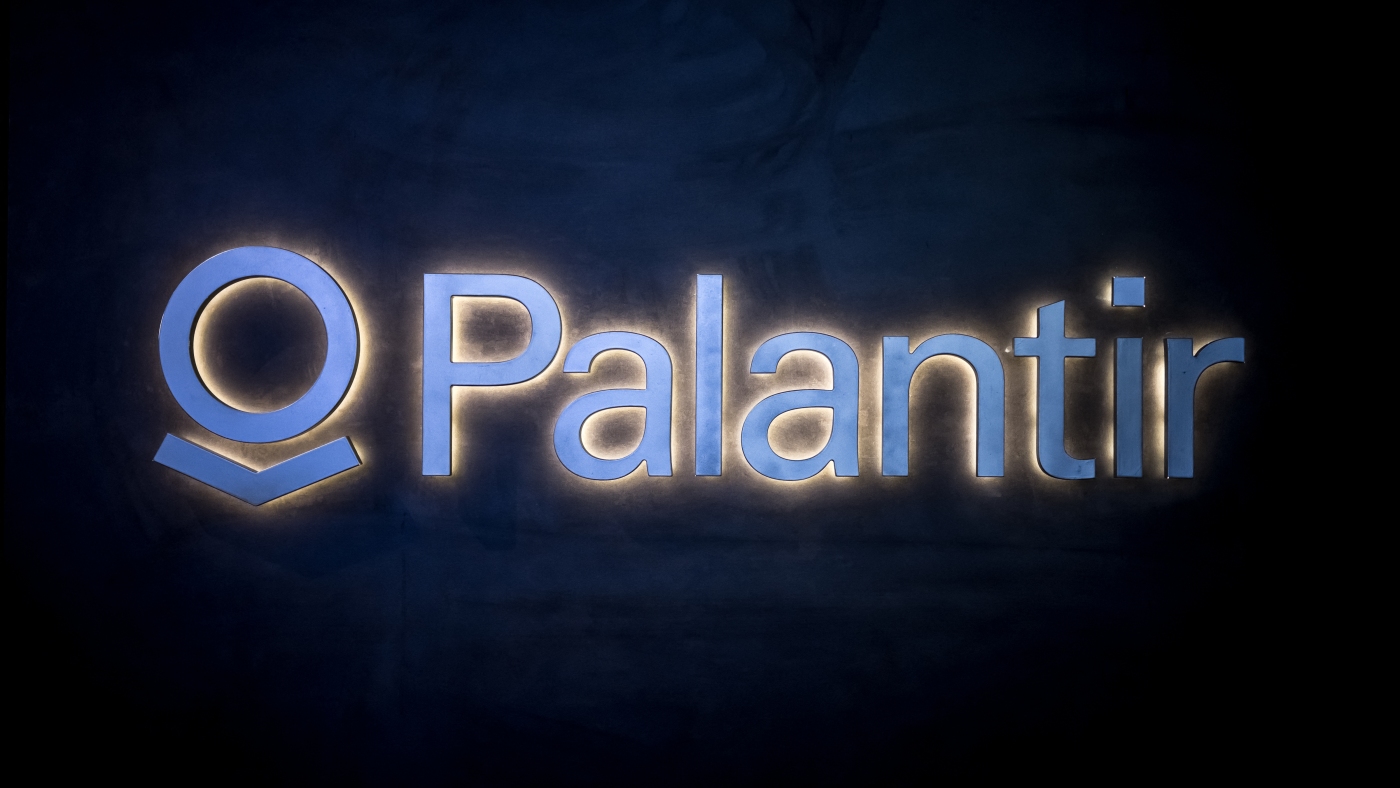The Ethical Crossroads
In the fast-evolving landscape of data-mining and surveillance technology, Palantir has become a central figure, particularly under the Trump administration. The company’s sophisticated technology has sparked both admiration and criticism, with a recent surge in dissent from its own former employees. This report explores the ethical implications of Palantir’s involvement with the Trump administration, the company’s expanding influence, and the internal strife that has come to light.
Palantir’s Ascendancy in Government Contracts
Founded by Peter Thiel, Palantir has been steadily broadening its government contracts, especially since the Trump administration took office. The company’s technology, which offers “near real-time visibility” into various data sets, has been pivotal in numerous government operations. One of the most contentious deals is the $30 million contract with Immigration and Customs Enforcement (ICE) to monitor the movements of migrants within the U.S. This agreement has become a focal point for ethical debates, underscoring the challenges that arise when advanced technology is employed for surveillance and enforcement.
Palantir’s reach extends far beyond ICE. The company has secured a nearly $1 billion software contract with the Navy and is actively pursuing more government work. This expansion has been mirrored by a surge in Palantir’s stock, reflecting investor confidence in the company’s future. However, this growth has not been without its share of controversies. The company’s ties to the Trump administration have raised alarms about the potential misuse of its technology, sparking a wave of ethical concerns.
Voices from Within: The Rise of Internal Dissent
The recent outcry from thirteen former Palantir employees represents a rare instance of internal dissent within the company. These ex-employees have asserted that Palantir’s collaboration with the Trump administration contradicts the company’s founding principles. In a letter exclusively shared with NPR, they voiced their apprehensions about the potential misuse of Palantir’s technology, particularly in the context of immigration and travel restrictions.
One of the most outspoken critics is Juan Sebastián Pinto, a former Palantir employee who has raised alarms about the potential misuse of the company’s technology. Pinto’s critique is particularly significant because Palantir employees typically leave only after signing non-disclosure agreements, making public dissent highly uncommon. His statements, along with those of other former employees, have shed light on the internal struggles within the company, highlighting a growing unease about the ethical implications of Palantir’s work.
Navigating the Ethical Maze
The ethical implications of Palantir’s involvement with the Trump administration are complex and far-reaching. On one hand, the company’s technology can bolster national security and law enforcement efforts. On the other hand, there are valid concerns about the potential for abuse, particularly in the realms of immigration and civil liberties.
The $30 million deal with ICE is a prime example. Critics have argued that Palantir’s technology could be used to infringe upon the civil liberties of undocumented immigrants. The workplace raid that led to the arrest of 680 individuals is a stark illustration of how Palantir’s technology can be deployed in ways that raise ethical questions. The company’s support for ICE, despite mounting evidence of civil liberties violations, has been a contentious issue both within and outside the company.
The Wider Landscape
Palantir’s engagement with the Trump administration is part of a broader trend where Big Tech companies are increasingly intertwined with government agencies. This trend has met with resistance from employees who are concerned about the ethical ramifications of their work. The resistance to the Trump administration’s policies, including efforts to restrict immigration and travel from foreign countries, has been particularly vocal.
The internal dissent at Palantir is not an isolated phenomenon. Big Tech employees have been increasingly vocal about the ethical implications of their work. This trend reflects a growing awareness among tech workers about the potential for their technology to be used in ways that violate human rights and civil liberties. The ethical dilemmas posed by Palantir’s work with the Trump administration are a microcosm of the broader challenges facing the tech industry.
Charting a Path Forward
The ethical dilemmas presented by Palantir’s involvement with the Trump administration are intricate and multifaceted. The company’s technology has the potential to enhance national security and law enforcement, but it also raises legitimate concerns about the potential for abuse. The internal dissent from former employees underscores the need for a more transparent and ethical approach to the use of advanced technology.
As Palantir continues to expand its government contracts, it is crucial that the company addresses these ethical concerns. This includes ensuring that its technology is used in a way that respects human rights and civil liberties. The company’s leadership must also be more responsive to the concerns of its employees, who are increasingly vocal about the ethical implications of their work.
Conclusion: Embracing Ethical Responsibility
The ethical dilemmas posed by Palantir’s work with the Trump administration serve as a wake-up call for the tech industry. As technology continues to advance, it is imperative that companies like Palantir prioritize ethical considerations. The internal dissent from former employees highlights the need for a more transparent and ethical approach to the use of advanced technology.
The way forward is clear: companies must prioritize ethical responsibility, ensuring that their technology is used in a way that respects human rights and civil liberties. This is not just a matter of corporate social responsibility; it is a fundamental requirement for the sustainable growth and success of the tech industry. The ethical dilemmas posed by Palantir’s work with the Trump administration are a call to action for the industry to prioritize ethical considerations in the development and deployment of advanced technology.

